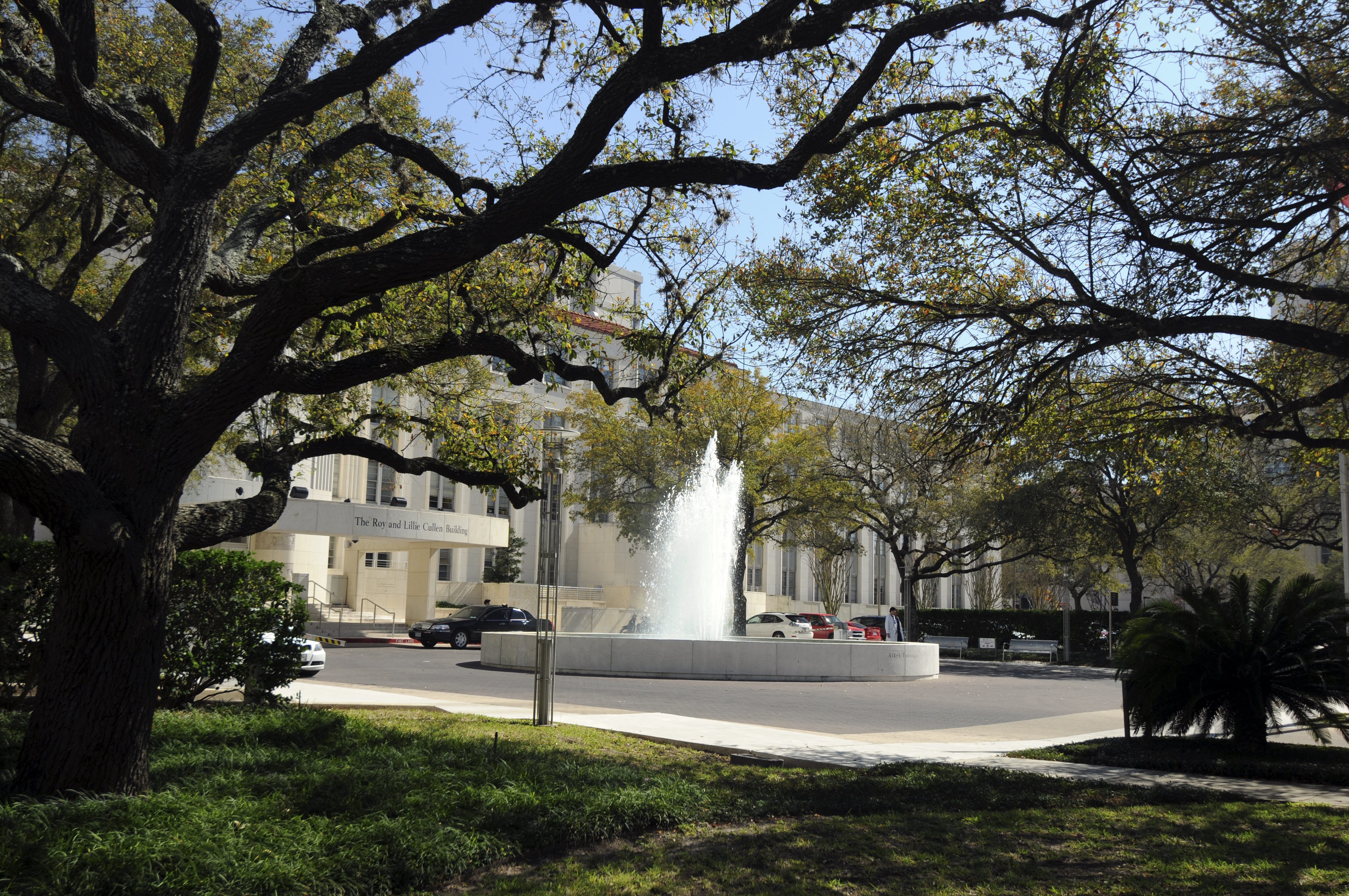ACOSS calls on the Federal Government to urgently provide financial support to people on low incomes in energy hardship made worse by COVID-19 after new data shows a shocking increase in energy debt.
According to data released yesterday afternoon by the Australian Energy Regulator (AER), average household energy debt for gas and electricity has increased 12% from $897 in 2019-20 to $1,000 in 2020-21, while the average electricity debt for a customer upon entry into their retailer’s hardship program grew 21% over the same period from $1,304 to $1,584.
ACOSS CEO Dr Cassandra Goldie said “We have a range of structural problems that are pushing people with the least into further debt and deprivation.
“People who are locked out of paid work, on JobSeeker at $45 a day, in inefficient homes have little hope of repaying a $1,600 energy debt, and will struggle to afford their next energy bill, let alone be able to cool their home during summer heatwaves.
“We know people on low-incomes are already depriving themselves of energy by not cooling homes, not cooking or using hot water, and going without food or medicines to afford their energy bills, which is seriously affecting their health and wellbeing.
“We need a serious intervention by Government before debt spirals out of control and becomes unmanageable. The Federal Government must also implement solutions to address the drivers of energy debt.
“To immediately reduce debt, we are calling on the Federal Government to urgently provide up to $1,000 per customer experiencing payment difficulties via an emergency payment.
“As this measure will help relieve debt for energy retailers, we expect retailers to also step up and provide additional relief to those customers with debts greater than $1,000, and help customers reduce their bills going forward.”
“We are also calling on the federal Government to address the drivers of energy debt, including:
- Lifting social security payments to protect people from poverty including raising JobSeeker from $45 to $69 a day, increasing Rent Assistance and establish supplements for people with disability as well as single parents.
- Invest in energy efficiency and solar retrofits for low-income homes.
- Require the AER to review and improve energy retailer Customer Hardship Policy Guidelines.
See AER media release here







